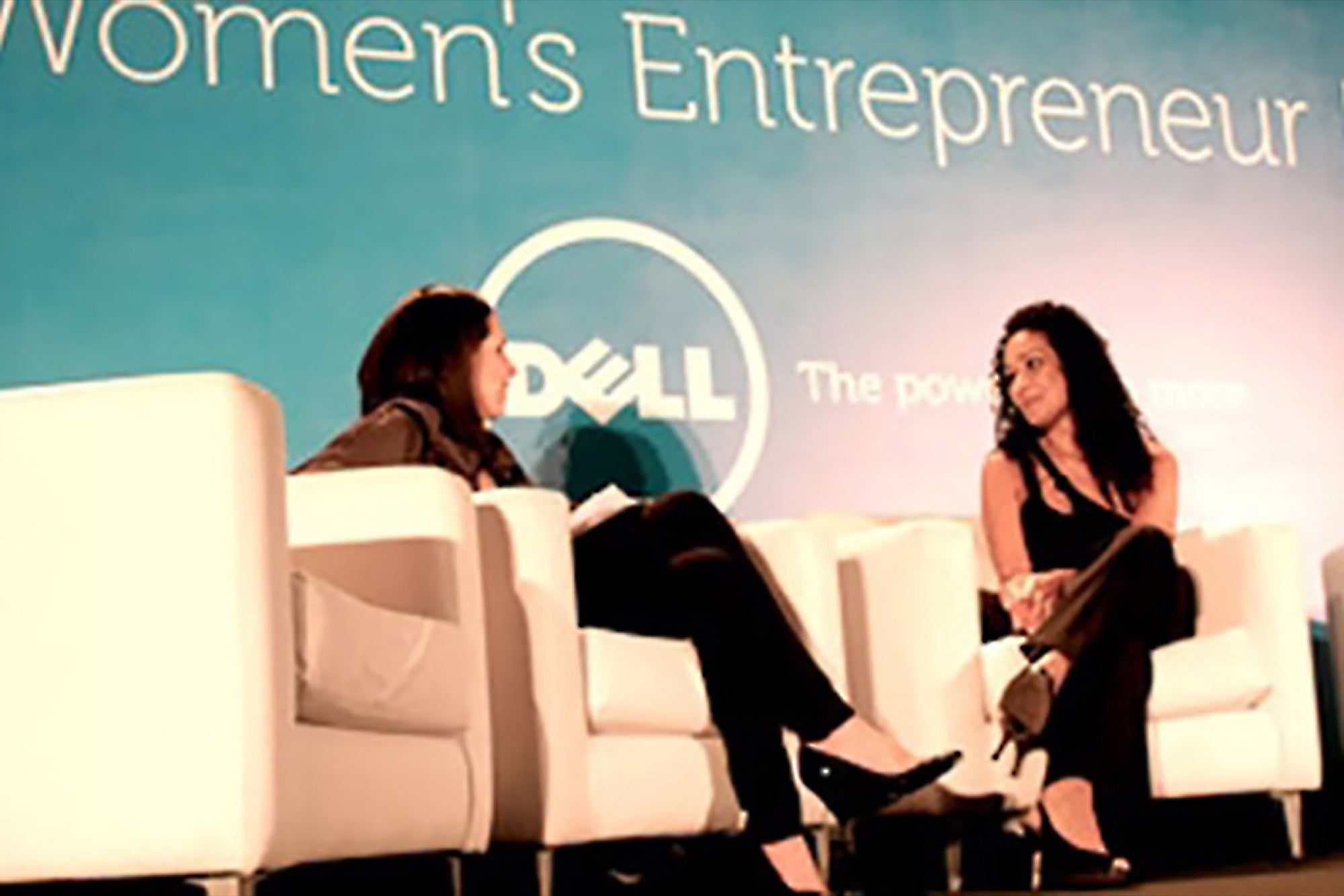Dell's Women's Entrepreneur Network Heads to Turkey? Why the computer giant has set its sights on women entrepreneurs -- and what it hopes to accomplish in Istanbul this June.
Our biggest sale — Get unlimited access to Entrepreneur.com at an unbeatable price. Use code SAVE50 at checkout.*
Claim Offer*Offer only available to new subscribers
Opinions expressed by Entrepreneur contributors are their own.

Though women entrepreneurs have traditionally been under-represented in business and tech fields, there's more and more evidence that when given the opportunity, they shine as leaders -- even boosting the odds of success at venture-backed companies.
To cater to this growing demographic, Dell in 2010 established the invitation-only Dell Women's Entrepreneur Network, or DWEN, through its Women Powering Business initiative. Since then, the Austin, Texas–based company has convened annually in some surprisingly far-flung locales, including Shanghai, Rio de Janeiro and Delhi, India.
Earlier this month, Dell announced that in June they'll bring a group of 150 women from 11 countries, including the U.S., to Istanbul. What's behind the multi-million dollar investment and the bold choice of venue? We caught up with Kim Hibler, vice president of small and medium business for Dell Americas, to talk Turkey:
Entrepreneur: Why has Dell set its sights on women entrepreneurs?
Hibler: We saw a big opportunity and huge potential. Women start off successful in growing their businesses, but they're underserved. We hadn't seen anyone do anything around helping women entrepreneurs who were just getting started come together. We put a technology twist to it.
Related: Richard Branson on Why We Need More Women in the Boardroom
Entrepreneur: How is Dell distributing this multi-million dollar investment?
Hibler: Dell has many investment arms including Dell Ventures and the Dell Innovators Credit Fund. The main objective of Women Powering Business and DWEN is for the women in our network to do real business with us and we've seen real business happen.
For example, Lauren Flanagan of Current Motor who came in through the DWEN network, is now on Dell's Entrepreneur in Residence Advisory Board. She also received $250,000 in technology for her business through the Dell Innovator's Credit Fund, allowing her to get her scooters to market six months faster.
Entrepreneur: Can you talk about how Dell has changed its approach to women as consumers in the past five years? I can recall some backlash for the 2009 "Della" campaign.
Hibler: Della launched as a dedicated Dell website targeted directly at women, but received some backlash for stereotyping. We accept that it was unpopular with some audiences and learned to better address this market with more relevant and useful content, solutions and services. We've learned that we need to be much more personally engaged with women than some of our other customers, to understand what their needs are.
Related: 10 Inspiring Quotes from Women Tech Leaders
Entrepreneur: So why the emphasis on emerging markets, so far from your home base -- and your main customer base?
Hibler: We think that all entrepreneurs are interested in taking their business global. Because of the relative ease of starting a business here in the U.S., we thought we'd look outside first.
At the opening session of our first DWEN, in Shanghai in 2010, we had a representative from the local chamber of commerce who began fielding questions from women who'd had problems with people copying their products. It started a conversation about how to avoid fraud in China, and a larger conversation about manufacturing, and then sourcing -- how easy it was, how difficult it was. People from companies in all different phases began engaging one another, sharing their experiences. We went the next year to Brazil -- one of the top five fastest growing countries in the world, with lots of women-led start-ups -- and then to India.
In each place, we saw how stepping outside of their comfort zone broadened women's out-of-the-box thinking. The network grew from there. Now, after three years, we've had 400 people go to the conference itself, and we continue to build out regional connections. For instance, our Women Powering Business LinkedIn community has more than 2,000 people.
Related: Count Me In Helps Women Entrepreneurs Increase Their Revenue
Entrepreneur: Now you're on to Turkey, a country that is full of contrasts. What propelled you to host international-women entrepreneurs in a country whose prime minister declared, in 2010, that he didn't believe in equality between the sexes?
Hibler: We hope that by establishing a social-media presence there before we go, and by setting up mentorships with entrepreneurs -- like Dilek Bil, a founding partner of a successful marketing and communications agency and a board member of Kagider, a Turkish Women Entrepreneurs Association -- we'll have people saying "What is going on in Turkey?"
We're focused on building influence in the market, which includes the Teknopark area that is considered the next Silicon Valley. We're not going to change years and years of legacy behavior around female-owned businesses versus male-owned businesses, but I think there's a huge opportunity for us to have a multiplier effect.
--This interview was edited for brevity and clarity.












